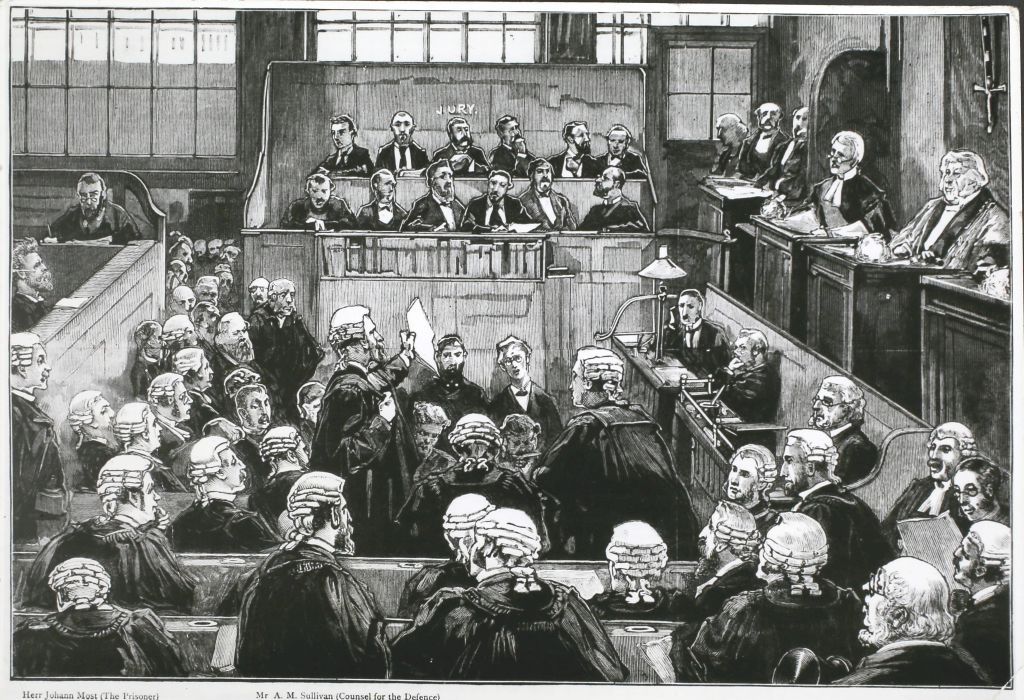The death in February of one of the titans of the Bar, John Mathew QC, cut another link with the post-war period of ebullient criminality and showy trials. Mathew defended one of the Great Train Robbers and David Holmes in the Jeremy Thorpe trials, and prosecuted the Krays and Harry Roberts. He remembered a period when you could park your car outside the Old Bailey and saunter through its grand main entrance unhindered by the tiresome security apparatus lawyers and members of the public are subject to today. But he also recalled a time when jury nobbling and police perjury were common.
Any study of the true-crime shelves of Waterstones shows that those years – from around 1945 to the late 1970s – was a glory period of English crime. It has yielded not just the usual diet of goggle-eyed – and very readable – books about gangland brutality and serial killing but enduring classics.

Get Britain's best politics newsletters
Register to get The Spectator's insight and opinion straight to your inbox. You can then read two free articles each week.
Already a subscriber? Log in





Comments
Join the debate for just $5 for 3 months
Be part of the conversation with other Spectator readers by getting your first three months for $5.
UNLOCK ACCESS Just $5 for 3 monthsAlready a subscriber? Log in